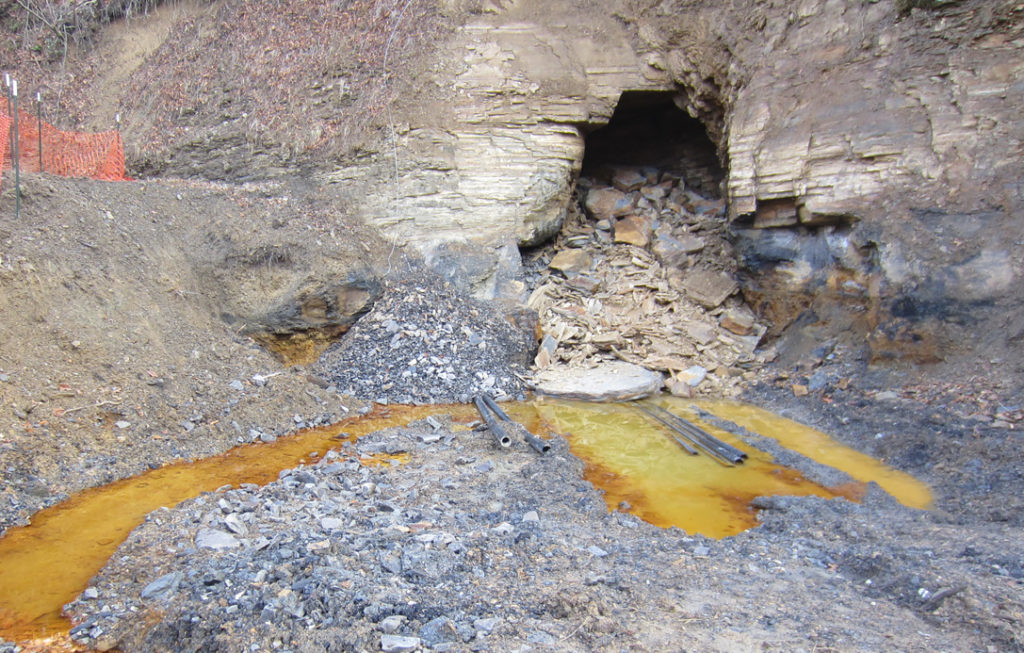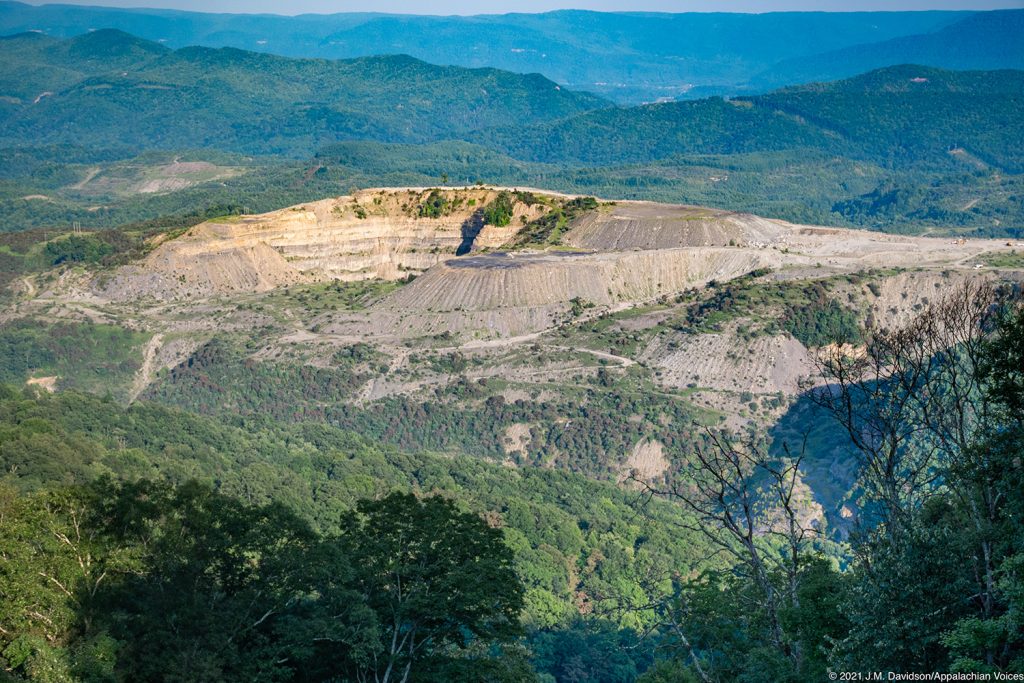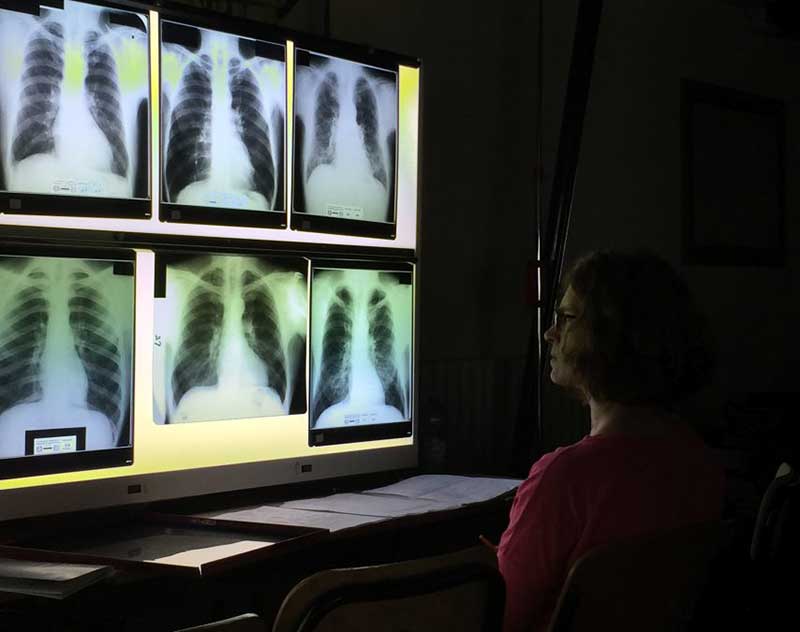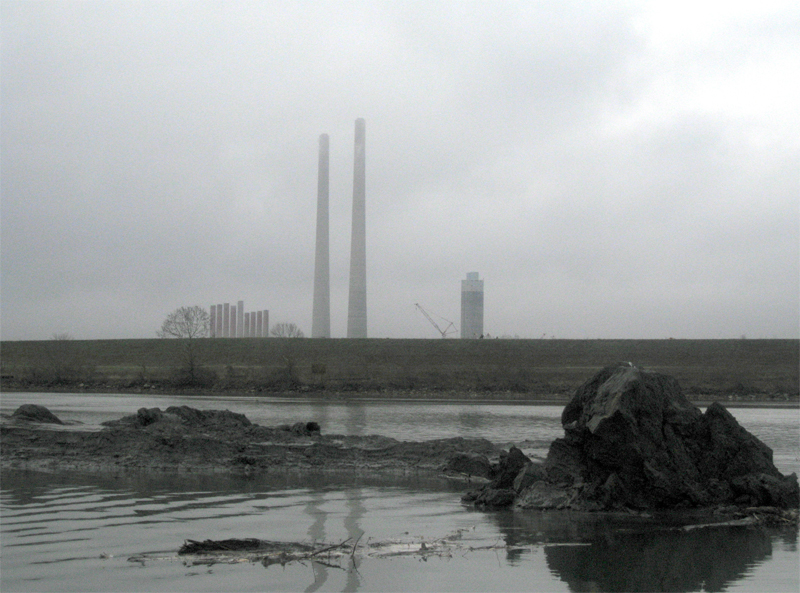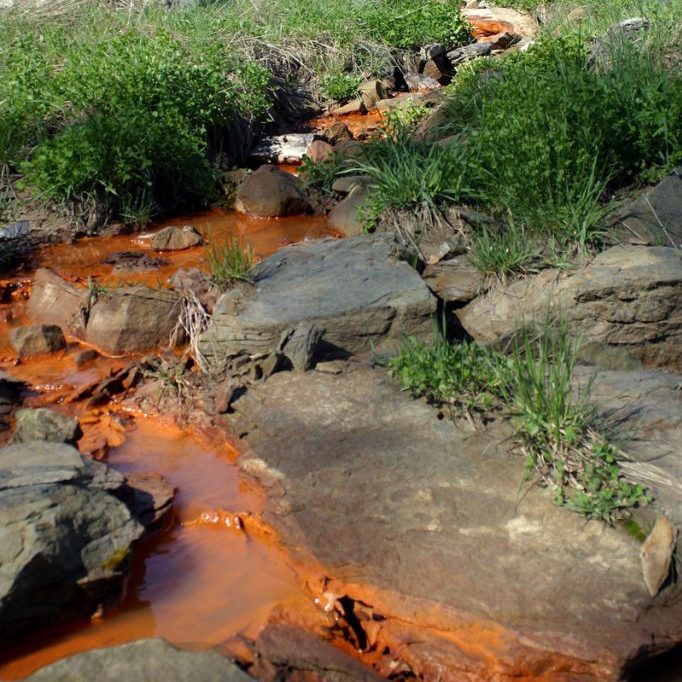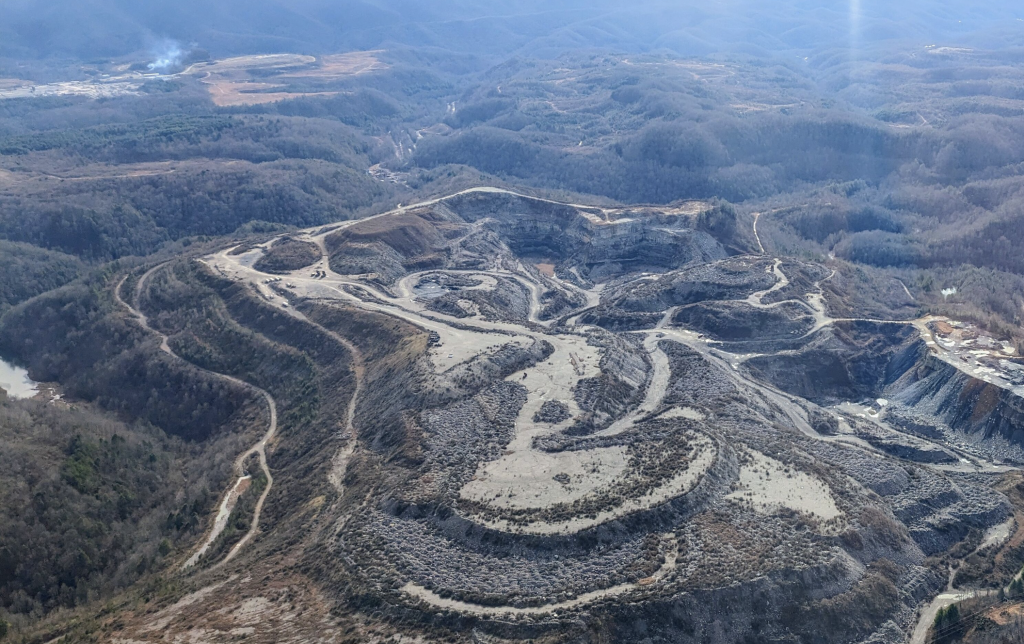Holding the Coal Industry Accountable

An abandoned and decaying structure at the Sugar Cove Mine in Virginia. Photo courtesy of DMME
Centuries of coal mining in Appalachia have left a wake of destruction behind. Thousands of former mine sites still pose health and safety risks, and the extensive environmental damage includes polluted waterways, compromised groundwater, and the loss of 1.5 million acres of forest in one the most biologically diverse temperate ecosystems on the planet.
Residents in this region have dealt with increased illness and shortened life expectancy. Black lung disease is again on the rise, and both current and former miners are fighting to protect their vital healthcare benefits. Communities that depended on the coal industry’s boom years now face daunting financial challenges.
Meanwhile, the bosses and bankers who got rich off of Appalachia realize that the market for coal is continuing to decline. Many are trying to jump ship, taking their wealth with them and leaving the problems for local communities and taxpayers to deal with.

As Appalachian Voices continues to fight new mountaintop removal coal mining permits and monitor existing mines, we are also committed to ensuring that the communities that have long borne the brunt of mining are not left behind. We are determined to hold the coal profiteers responsible for cleaning up the land and water they defiled and fulfilling their obligations to miners and their families.
Communities near mines and power plants are among those that often face elevated air pollution. We’re working with 16 community groups and two universities to track air quality in communities throughout Kentucky, Pennsylvania, Tennessee, Virginia and West Virginia with about 80 monitoring devices. These are deployed at in communities near fossil fuel infrastructure and other industries.
Similarly, the communities living near coal-fired power plants have suffered the burden of air and water pollution created by burning coal for electricity. Our years-long campaign alongside North Carolina communities impacted by Duke Energy’s dangerous storage of coal ash resulted in statewide cleanup orders, and we are committed to making sure the massive utility follows these rules.
We’re also working with communities in East Tennessee, site of the first major coal ash disaster in the country, to ensure that coal ash is stored in ways that protect residents, workers and waterways. And we’re engaged in legal challenges against Trump-era rollbacks on federal regulations for coal ash handling.
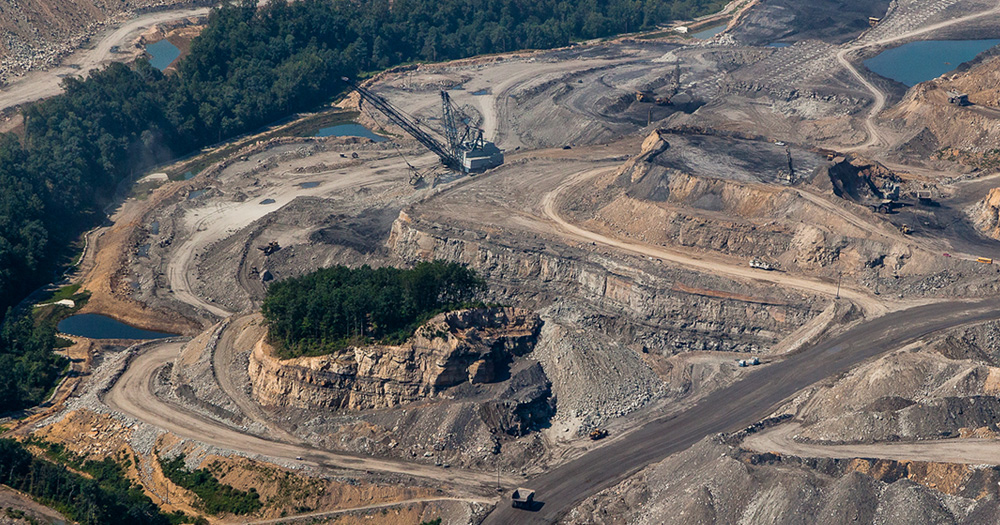
Ending Mountaintop Removal
Since the 1970s, the coal industry has blown up more than 500 of the oldest, most biologically rich mountains in America and destroyed more than 2,000 miles of headwater streams. Despite an ongoing citizen movement to end the destruction, and despite the decline in coal, it’s still happening.

Latest News
Appalachian Voices statement on White House coal actions
President Donald Trump ordered a series of actions this week intended to prop up America’s declining coal industry. Trump announced that the Department of Energy will pay electric utilities $175 million for upgrades to aging coal plants in Kentucky, North Carolina, Ohio and West Virginia. Trump also ordered the Pentagon to buy more coal-generated power, though did not specify where such power might be purchased.
Coal company owned by Sen. Jim Justice releases financial statement contradicting its previous sworn testimony
A recent financial disclosure by A&G Coal Company asserts that the company has substantial positive net assets, contradicting the recent sworn testimony of its general counsel asserting that it was over $9 million in debt and therefore unable to comply with its obligations under a court-approved 2023 settlement agreement.
Coal Labor History Sets Stage for Community
Residents and local leaders in Pound, Virginia, have been working hard to bring new life to the town’s historic downtown. Last year, Pound received funding from Monuments Across Appalachian Virginia to create a labor-oriented monument downtown.
Appalachian Voices’ priorities for the 2026 Virginia General Assembly
Appalachian Voices looks forward to working with Gov.-elect Spanberger and all elected members of the legislature as we advocate for clean energy, strong communities and a healthy environment.
Coal community groups urge Congress to reject proposed raid of abandoned coal mine clean-up fund
Today, the House Appropriations Committee released an updated “minibus” appropriations bill with bipartisan support that includes a proposal to withdraw $500 million from the Office of Surface Mining Reclamation and Enforcement’s Abandoned Mine Land funds allocated as part of the 2021 Bipartisan Infrastructure Law.
Trump administration to reconsider black lung protection rule, costing more miners’ lives
The rule should have gone into effect to start protecting workers last April, but in a filing Wednesday, the administration said it is starting a new, “limited” rulemaking.

